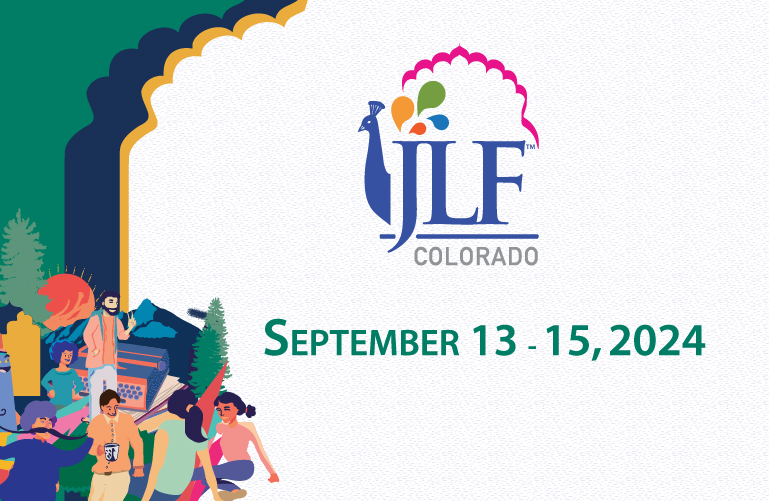

The City of Many Tongues
Speakers: Alia Malek, Kayhan Irani, Ross Perlin, Ruchira Gupta, Kanishk Tharoor
This panel discussion, moderated by Kanishk Tharoor, explored the themes of language acquisition and language loss in New York City. Tharoor started the session by contextualizing this conversation within the framework for how many languages are currently spoken in NYC – over 800. In some cases, NYC is the only place in the world where these languages are spoken – they are endangered, dying or dead in their mother countries and are kept alive here because of the diversity that exists in this city.
The speakers all shared their perspectives on this matter. Alia Malek, a Syrian-American journalist and lawyer, talked about her work, A Country Called Amreeka, which explores the Arab-American experience and the complex nature of having multiple national identities. In this book, she brings to the surface a compelling distinction – what is the “America” that is seen outside of her characters’ home, verse the one that is lived inside the home, the “Amreeka” that is an amalgamated culture that is practiced and understood by those that share dual linguistic and cultural identities.
Kayhan Irani is an Emmy-award winning writer, performer and playwright who creates art to build community and engage audiences in social justice issues. She shares about her own complex identity as an Iranian-Indian-American, and how these identities are part of her familial narrative, but that she’s also adopted some of the cultural components of how others identify her – as a Jewish, Puerto Rican, Italian or Greek woman. She speaks Spanish fluently but discusses the loss of her Gujurati, or her Farsi, language skills –akin to a “ghost ship language” that can be felt and seen slowly drifting away from its port. She credits New York City, as the other speakers do, for allowing her to expand her own identity, but readily agrees that the forces of assimilation are too powerful to completely resist.
Ruchira Gupta, a journalist and activist, by some contrast, has maintained her native tongues of Hindi and Bengali, and does not feel the loss of language. However, she does feel that New York City has equipped her, and many activists, with a performative language around resistance, change, feminism and social justice. She credits the diversity of NYC as one of the prime engines for advancing an example of an egalitarian city.
Ross Perlin is a writer and linguist. He serves as the Co-Director of the Endangered Language Alliance (ELA) and he focuses his linguistic work on the endangered languages of China and the Himalayas and more recently on Jewish languages in New York. He warns against romanticizing the virtues of New York City. He states that the English language is still seen as a symbol of power, and that we still make decisions and judgements on people based on their comfort and command of English. NYC is still marred by a deep tribalism, community insularity and cultural allegiance. There are still enormous social pressures to assimilate, and forces like gentrification are further isolating large portions of the population. However imperfect New York City might be, it is still “one of the greatest experiments in popular cosmopolitism that the world has ever seen.”


Leave a comment